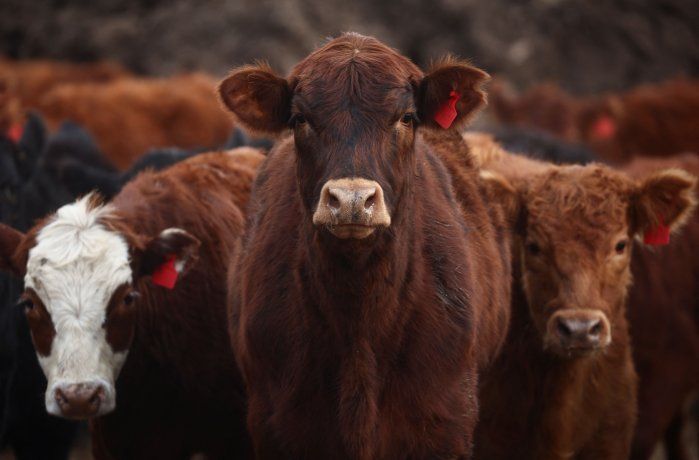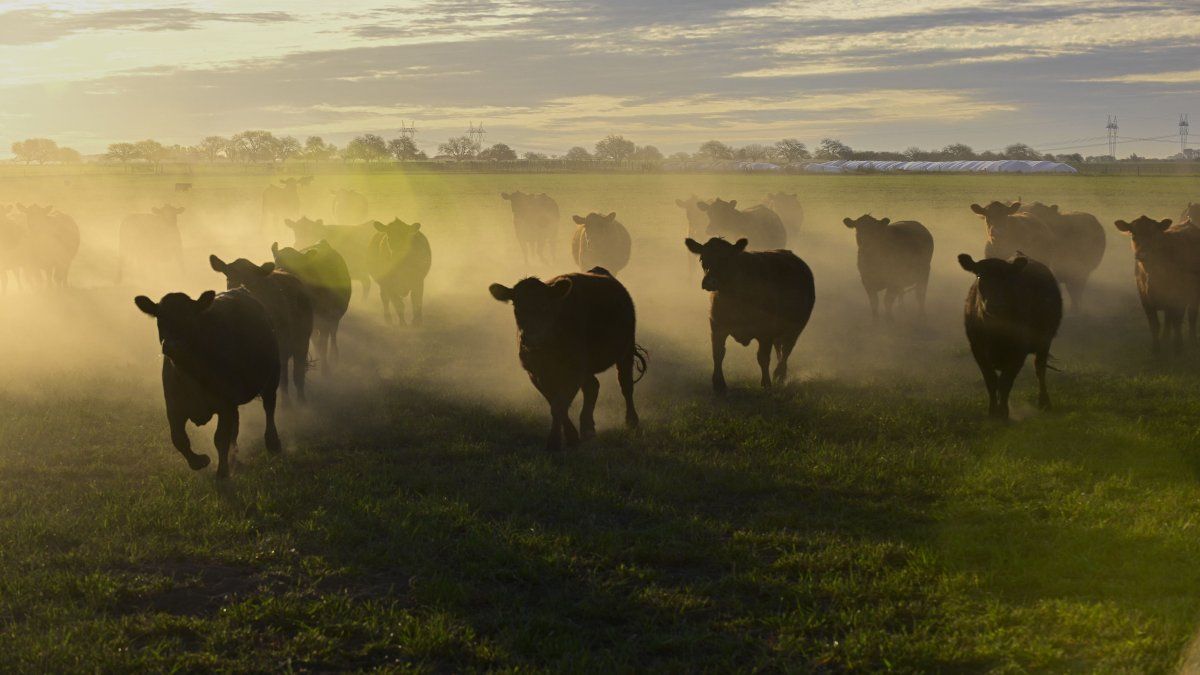By reducing time and costs, the new automatic registration and classification system by health impact promotes the competitiveness of national producers and facilitates the marketing of products, both local and imported.
The Government implemented new measures to “reduce bureaucracy” in the agricultural sector. That is why it made the registration and marketing of animal food more flexible. He did it through National Agri-Food Health and Quality Service (Senasa), which established a more agile system that seeks to facilitate procedures for producers and companies in the sector.
The content you want to access is exclusive to subscribers.
Thus, the Resolution 1415/2024 published this Wednesday in the Official Gazette introduces an automatic enrollment mechanism for food and establishments. This change is framed in the Technical Standard for Animal Food and is designed to speed up administrative processes and reduce associated costs.


Among the main novelties, the elimination of the expiration of the Single Marketing Certificate (CUC) and the authorization of establishments stands out, as well as the suppression of the Registry of Firms and the Registry of Technical Directors, although the latter continue to be required by companies.
The detail of the standard
In simple terms, this resolution creates a set of very detailed rules and regulations that all companies that produce, process, store or sell animal food in the national territory must comply with. The goal main thing is to guarantee the safety and quality of these products, thus protecting the health of animals and, ultimately, the health of people who consume products of animal origin.
Additionally, processed products from countries with high health surveillance may be marketed in Argentina through a simple sworn declaration, further optimizing import procedures.
Two areas of Senasa The following are in charge of implementation: the Coordination of Supervision of Animal Food Establishments (Cofial), which supervises the authorizations of the establishments, and the Coordination of Approval of Food Products (CAPA), in charge of issuing the CUC for marketing.
The regulations also classify products according to their health impact in three categories: low, medium and high. Each category has specific requirements for registration, ensuring compliance with standards for both domestic and imported products. This implies that imported foods must meet the same conditions as those of local origin, guaranteeing equality in regulatory requirements.
These measures reinforce the Government’s commitment to administrative simplification, allowing the agricultural sector to operate more efficiently and adapt to market challenges.
meat cows cattle field

This approach not only strengthens operational efficiency, but also contributes to the sustainable development of the sector, indicates the Official Gazette.
Reuters
Key points of the Resolution
- Wide Range: The regulations cover the entire life cycle of animal food, from the production of raw materials to the final sale to the consumer.
- Emphasis on Safety: The resolution places a strong emphasis on food safety, that is, ensuring that products are free of contaminants that can cause disease in animals.
- Registration and Authorization Requirements: Detailed procedures are established for the registration and authorization of products and the companies that produce them.
- Good Manufacturing Practices: Good manufacturing practices are promoted to ensure that food is produced under hygienic and safe conditions.
- Quality control: Quality controls are established throughout the entire production and distribution chain.
- Transparency: Companies are required to provide detailed information on the composition of their products and production processes.
- Sanctions: Sanctions are established for companies that do not comply with the regulations.
Source: Ambito
I am an author and journalist who has worked in the entertainment industry for over a decade. I currently work as a news editor at a major news website, and my focus is on covering the latest trends in entertainment. I also write occasional pieces for other outlets, and have authored two books about the entertainment industry.




